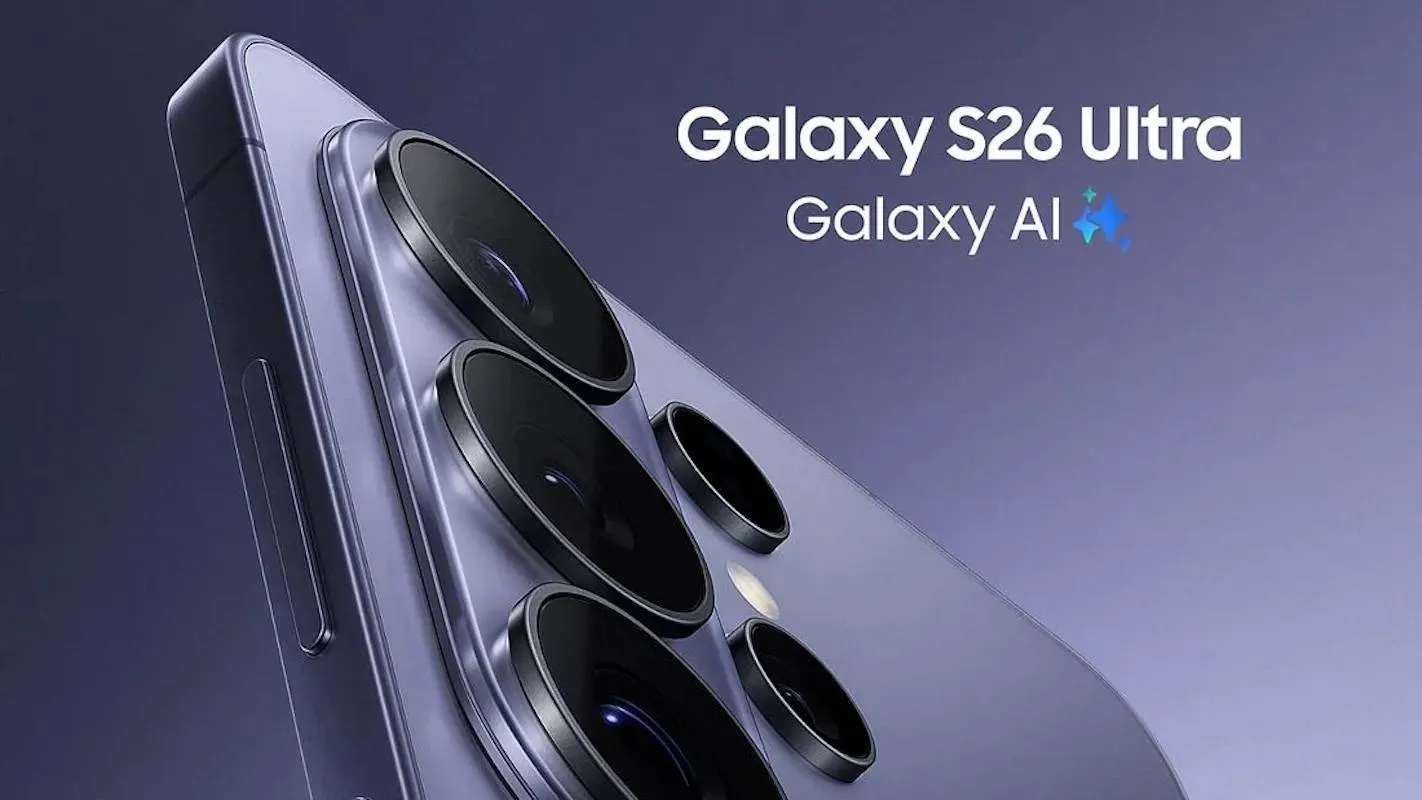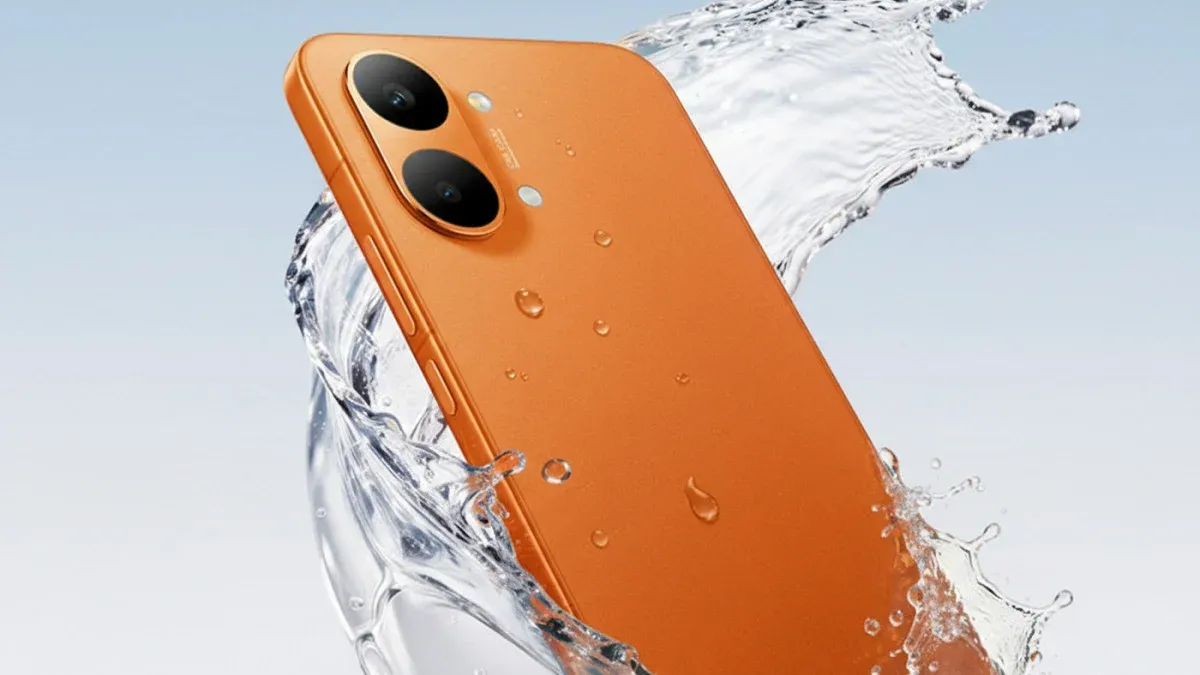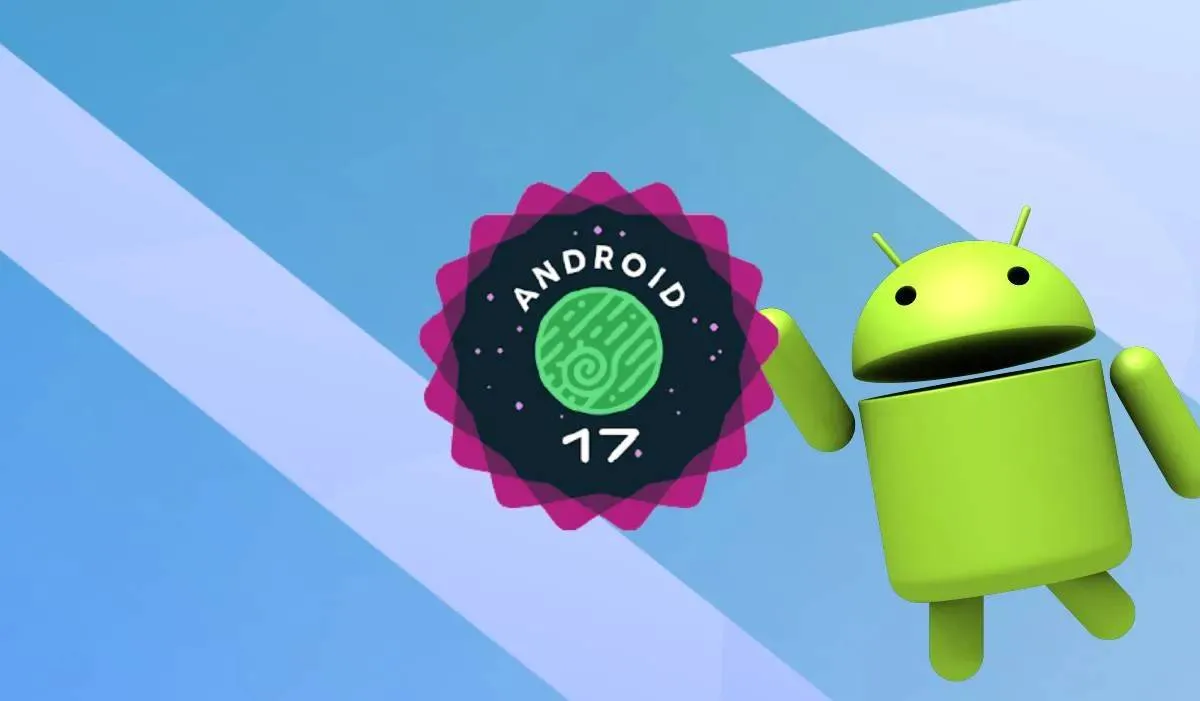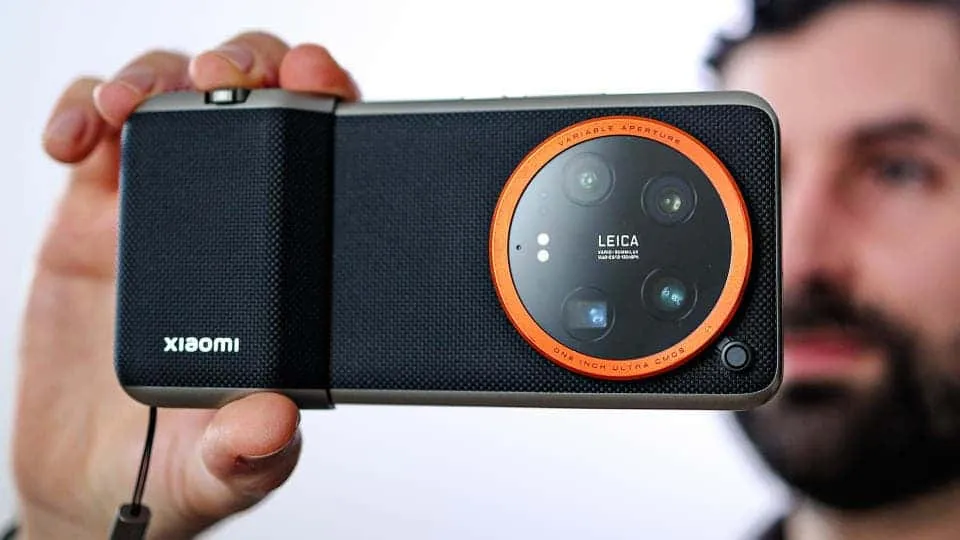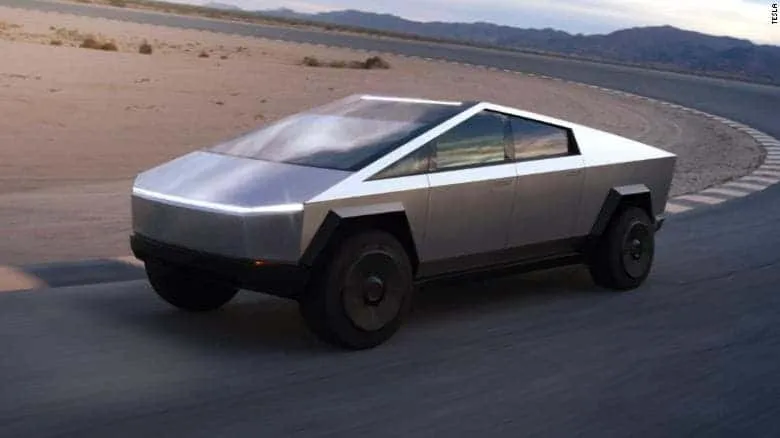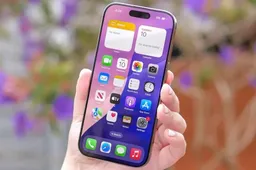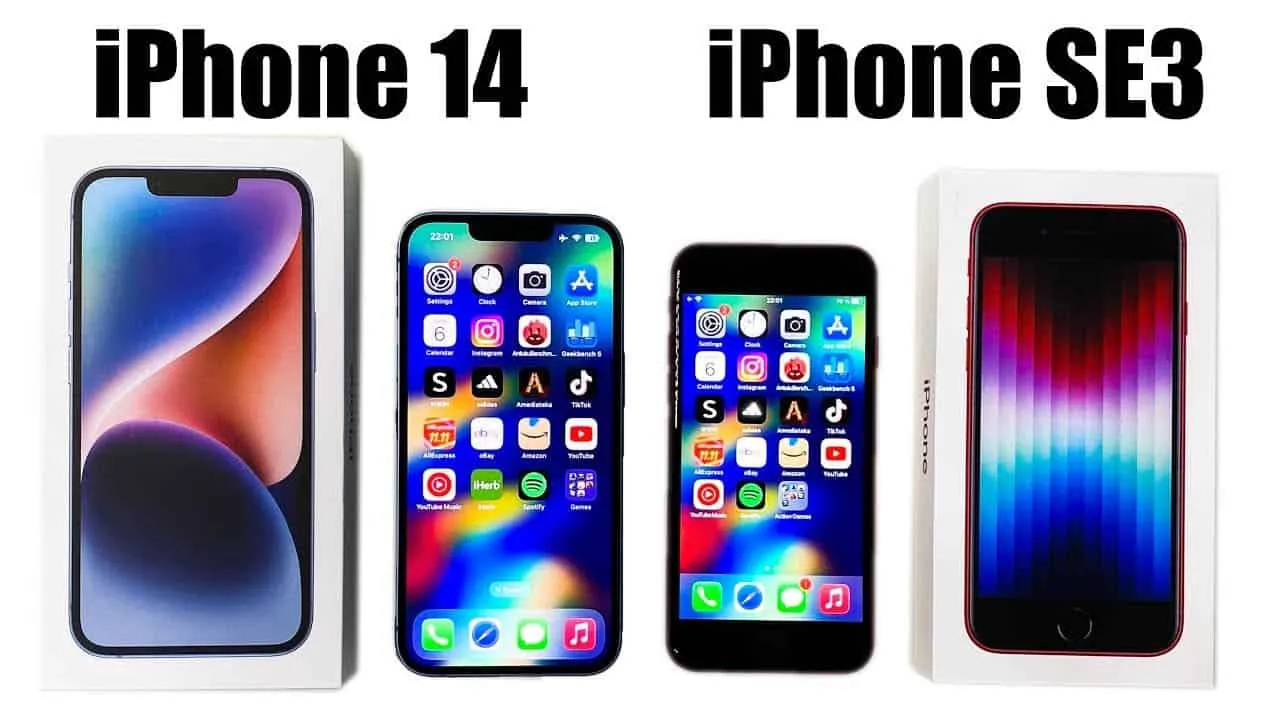
Apple will stop selling the iPhone SE 3 and iPhone 14 series in Europe by 2025. The decision comes as the European Union enforces a new law requiring devices to use USB-C charging ports.
Apple to Stop Selling iPhone SE 3 and iPhone 14 in Europe by 2025
The EU introduced the regulation in 2022. It requires all devices, including smartphones, laptops, cameras, headphones, keyboards, and portable speakers, to adopt USB-C technology by the end of 2024. This law aims to reduce e-waste and make charging devices more convenient for consumers.
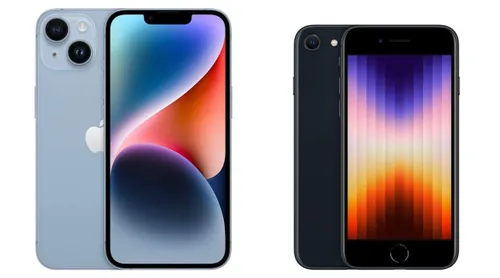
Apple’s current Lightning connector does not meet these new standards. To comply, Apple will halt sales of iPhone models that still use Lightning ports. Europe is a key market for Apple, so this change could impact the company’s revenue.
India, another major market, has also announced a similar law. From 2025, devices in India will need to include USB-C charging ports. This puts extra pressure on Apple to make changes. Companies are given just three months to comply with India’s new rule once it takes effect.
The removal of the iPhone SE 3 and iPhone 14 may disappoint European customers. These models are popular for their features and price. However, there is some good news. Apple plans to launch the iPhone SE 4 in March 2025. Reports suggest it will come with a USB-C port, meeting the new requirements.
This shift marks a big change for Apple. The company has relied on its proprietary Lightning connector for over a decade. Now, it must adjust to global standards to remain competitive in key markets.
While this change may cause some short-term inconvenience, it could benefit consumers in the long run. A switch to USB-C means fewer cables and better compatibility across devices. This aligns with the EU’s goals to simplify technology and reduce waste.
Apple’s decision shows how regulations can shape the future of technology. The company is expected to adapt quickly, ensuring its products meet new rules while continuing to appeal to users worldwide.
Loading
